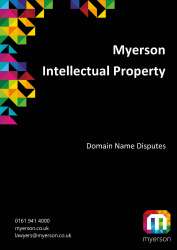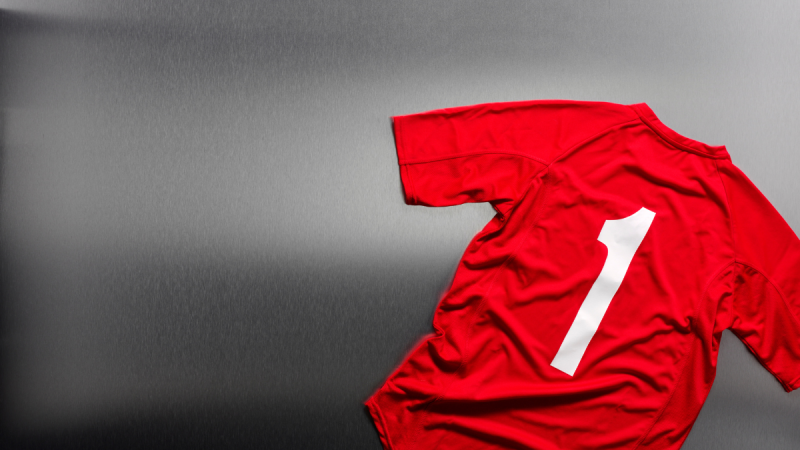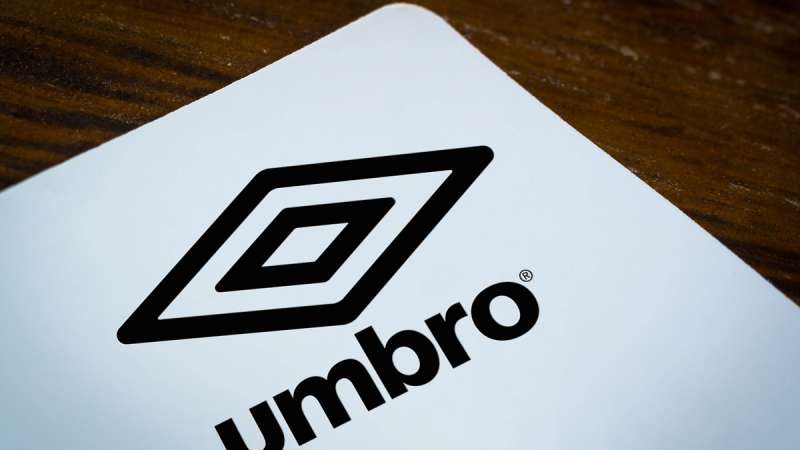How To Protect Your Domain Name
A domain name is the part of a URL (the address through which a website is accessed, e.g. myerson.co.uk) which is unique to a particular website. Each domain name must be unique so that no two are identical.
Holding a registered trademark will also provide extra protection for a domain name.
Resolving Domain Name Disputes
When the domain name server system was established, it was not predicted that domain names would have any value. However, as the internet became more commercial and widely used, companies began to realise the value of domain names and began suing each other for the right to use a particular domain name.
Conflict arises when:
- Someone deliberately registers a domain name which another party needs or would like and then seeks either to sell it to that party or use it in order to damage the other party (this is known as cybersquatting); or
- Different parties have competing legitimate interests in the same domain name; or
- Large companies have used their legal and financial resources to prevent legitimate domain name holders from registering valuable domain names.
Overview of the Domain Resolution Service (DRS) Process
Stage 1: The Complaint and Response
- Filing a Complaint: The complainant submits details of the issue via Nominet’s online tool, outlining their rights and claiming abusive registration.
- Key Requirements:
- Proof of rights to a name or mark identical/similar to the domain.
- Evidence of the domain’s abusive registration or use.
- Response Deadline: The respondent has 15 working days to agree or challenge the claim.
- Registrant Details: Use a ‘data release request’ if GDPR restrictions apply.
Stage 2: Mediation
- Nominet provides a free, confidential mediation service for both parties to negotiate a settlement.
- Mediators facilitate discussions but do not decide the outcome.
- Mediation typically lasts 10 days.
Stage 3: Expert Decision
- If no response is submitted or mediation fails, the complainant may appoint an independent adjudicator for a binding decision.
- Fees: £200 plus VAT for a summary decision, or £750 plus VAT for a full decision.
- Timeline: The expert decides within 15 working days.
Stage 4: Appeal
- The losing party can appeal to a three-expert panel within 10 working days.
- Fee: £3,000 plus VAT.
Stage 5: Closure
- If no appeal is made, Nominet implements the expert’s decision (transfer, suspension, or cancellation of the domain).
- Mediators assist in compliance for mediated agreements.
Our expert IP lawyers can guide you through every stage of the process, ensuring your interests are protected. Contact us for tailored support.
Domain Name FAQs
What is The Relationship Between Trademarks and Domain Names?
As a domain name is often used to identify the source of information on a website, in effect, a domain name can be used as a trade name or trademark. Therefore, domain names can be capable of being registered as trademarks.
Domain names may also infringe prior trademarks or common-law rights of others. This can be a particular problem for global domain names as they may potentially infringe trademarks which have local scope in a particular country.
How can I avoid my domain name infringing a trademark?
To avoid domain name disputes, always check for registered trademarks that could restrict your use of a domain name.
Trademarks don’t need to cover the exact goods or services you offer; protection can extend to similar or even unrelated goods if the trademark has a UK reputation.
Domain name dispute procedures often hinge on bad faith registration, a higher threshold than standard trademark similarity tests.
Trademark infringement, on the other hand, typically depends on whether consumers are likely to confuse two similar marks. Identical trademarks for the same goods or services usually presume confusion, but similar marks require deeper investigation.
Some trademark owners are more protective, pursuing cases to expand their brand monopolies, even when no real conflict exists.
Understanding the opposing company’s approach and level of brand protection is key to navigating potential issues.
What should you do if someone is using your trademark as a domain name?
WDomain name disputes can be complex, so seek legal advice early to prevent costly conflicts. Often, resolving issues or adjusting branding plans is more practical than pursuing disputes.
In cases of trademark infringement, gather and preserve evidence, such as customer confusion, online discussions, or analytics that demonstrate the business impact. This data can support claims for compensation.
Avoid contacting the other party without legal advice, as failing to follow the legal process and/or making unsupported allegations may weaken your position.
Instead, we’ll help assess their intent, whether it’s to profit from your domain, attract your customers, or if they’re unintentionally infringing, to determine the best resolution strategy.
How are domain names valued?
A domain name may be valued by reference to:
- The cost of obtaining a domain name from a registrar;
- The amount of income or other economic benefit the holder of the domain name receives from the use of the domain name; and/or
- The amount of income or other economic benefit a third party could derive from a domain name.
Most domain names are not unique and therefore tend to be valued using the first of the three methods above. However, any domain name linked to a trademark will be valuable to the holder of the trademark as will any generic domain names which allows someone to exploit the name commercially – in such a case, the last of three methods above will be used to value the domain name.
There are a number of specialist companies who can provide valuations for domain names. As the demand and use of the internet increases, the value of domain names will continue to rise and there will no doubt be a greater amount of domain names being bought and sold.
Our Domain Name Disputes Service
A domain name is the part of a URL (the address through which a website is accessed e.g. myerson.co.uk) which is unique to a particular website. Each domain name must be unique so that no two are identical.
Resolving Domain Name Disputes
When the domain name server system was established, it was not predicted that domain names would have any value. However, as the internet became more commercial and widely used, companies began to realise the value of domain names and began suing each other for the right to use a particular domain name.
Conflict arises when:
- Someone deliberately registers a domain name which another party needs or would like and then seeks either to sell it to that party or use it in order to damage the other party (this is known as cybersquatting); or
- Different parties have competing legitimate interests in the same domain name; or
- Large companies have used their legal and financial resources to prevent legitimate domain name holders from registering valuable domain names.
The Relationship Between Trademarks and Domain Names
As a domain name is often used to identify the source of information on a website, in effect, a domain name can be used as a trade name or trademark. Therefore, domain names can be capable of being registered as trademarks.
Domain names may also infringe prior trademarks or common-law rights of others. This can be a particular problem for global domain names as they may potentially infringe trademarks which have local scope in a particular country.
Valuing a Domain Name
A domain name may be valued by reference to:
- The cost of obtaining a domain name from a registrar;
- The amount of income or other economic benefit the holder of the domain name receives from the use of the domain name; and/or
- The amount of income or other economic benefit a third party could derive from a domain name.
Most domain names are not unique and therefore tend to be valued using the first of the three methods above. However, any domain name linked to a trademark will be valuable to the holder of the trademark as will any generic domain names which allows someone to exploit the name commercially – in such a case, the last of three methods above will be used to value the domain name.
There are a number of specialist companies who can provide valuations for domain names. As the internet becomes more important, the value of domain names will only carry on increasing and there will be a rise in domain names being bought and sold.
Why Choose Our Intellectual Property Solicitors?
- Our intellectual property experts advise clients on a broad range of intellectual property matters, from initial registration and exploitation to protection and enforcement.
- Our specialist IP litigation team is also highly experienced in handling business disputes involving intellectual property.
- Myerson is a member of the Intellectual Property Lawyers Association (IPLA), an association of law firms with an established intellectual property office. Our membership provides our clients and us with access to a wealth of knowledge and expertise in intellectual property.
- Through our many years of service, we have close working relationships with trade mark and patent attorneys and regularly liaise with them on a wide range of intellectual property issues, such as registering trademarks, patents and design rights, and when disputes arise concerning intellectual property rights. These working relationships are a key element of the service we offer to our clients.
- Myerson is also the Manchester and Cheshire law firm member for the MSI Global Alliance, a top 20 ranked international association of independent professional firms. As the IP matters we deal with often involve an international element, we can call upon the expertise and knowledge of our fellow MSI members to ensure that our client's global interests are protected.
Testimonials
Meet Our Intellectual Property Solicitors
Home-grown or recruited from national, regional or City firms. Our intellectual property lawyers are experts in their fields and respected by their peers.
Contact Our Experts
You can contact our lawyers below if you have any more questions or want more information:









